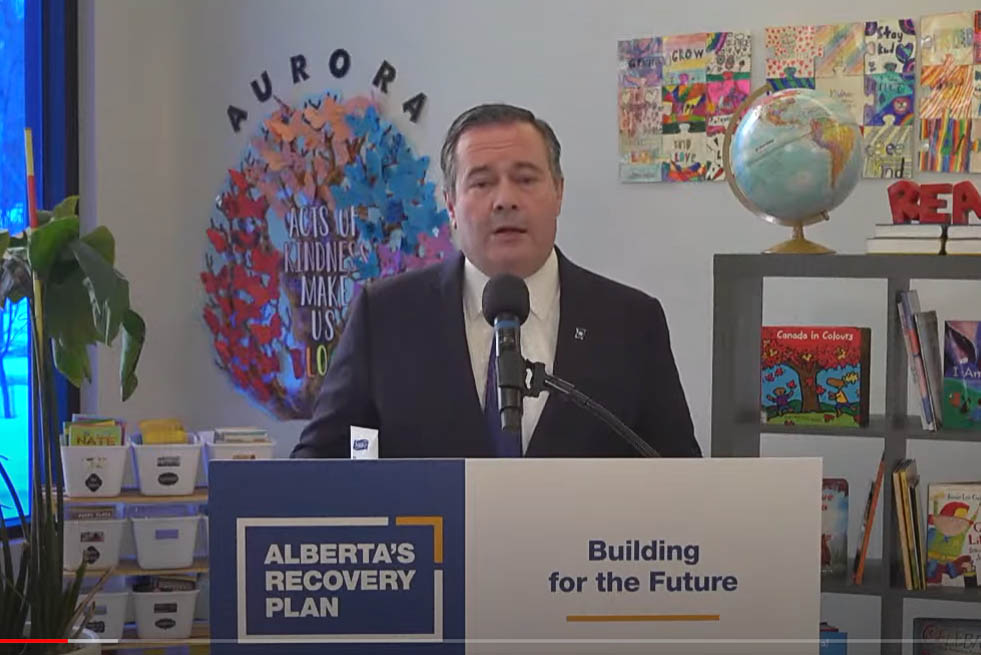
The Volunteer Income Tax Program has been a staple in Whitecourt for over a decade and is offered through the Allan & Jean Millar Centre. Fay Arcand, Whitecourt’s FCSS Program Director, said the program partners with community volunteers, the Canada Revenue Agency (CRA) and FCSS.
“We recruit the volunteers for the program, and the CRA trains them through various webinars. We vet them, of course, which goes through CRA, and we use the e-file software from the CRA.” Arcand said that the program allows low-income families to get their taxes done free of charge.
There are some stipulations for what kinds of tax returns the volunteers do. “It’s designed for low income and simple tax returns. We can’t do small businesses, and we can’t do persons that are deceased within the year. If you have capital gains or losses, or bankruptcy, we can’t do that either. It’s the very simple ones that we do, which is a lot of people,” she explained.
Last year, the program provided 147 tax returns with six volunteers. There are two options available, drop-off or drop-in. “The drop-in tax clinics (Thursdays from 1-3 pm until April 21) have a volunteer on-site, trained, with the auto-fill program with CRA. So, if you are missing tax slips, the volunteer can access your income information through the CRA website. Everything is tracked through your social security number, and CRA tracks all your income so it can be auto-filled if you’re missing some tax slips,” explained Arcand.
Forms can also be dropped off at the AJMC Monday to Friday until April 22. “We accept them from 9 am to 12 pm and 1-3 pm Monday to Friday. After those hours, it all depends because through those specified hours we have staff like myself or our department secretary on hand to help people complete the questionnaire if needed. Otherwise, guest services are really busy, especially right now.”
Arcand said that the drop-in clinics have seen low usage but expects that to pick up. “We’ve got some signage up and have passed the information through interagency. We did have a couple today, but the nice thing is that when the volunteer is here, they can do tax returns that have been dropped off previously. The tax drop-off is the type we see a majority of.”
The Volunteer Income Tax Program volunteers can do past tax returns with a slight caveat. “I think, past 2017, taxes can still be completed by the program, but it needs to be printed out and hard copied and mailed in through Canada Post. You can’t e-file them after a certain year, but we are definitely able to complete them still.”
One of the most significant differences between having taxes done by a volunteer through the program and using a company is that the paperwork goes home with the individual rather than remaining in a file with the person who does the return. “It doesn’t stay with us. We do not collect it. They drop it off, our volunteer completes them, brings them back, and then the individual takes that back home with them. They get a copy and a summary of their file and what’s been filed for them and their e-file number, but they get everything back.”
Providing this service free of charge can be a big deal for those who qualify. “Many social assistance programs if you don’t have your current taxes completed your benefit will end. So, if you are on subsidy or social assistance, it’s really important to keep up to date with your taxes; otherwise, your benefits will end,” explained Arcand. Those who could quality include students, seniors, and low-income families.
She said that after April 22, taxes can still be dropped off for completion but that it will be solely dependent on the availability of volunteers. “We still do them, but it’s on a case-by-case basis. Right now, we tell our volunteers that we have some taxes handed in, and they come and take them and do them. But we will still take them after April 22, and it depends on their time.”
Whether dropping off or attending a drop-in clinic, residents must bring all their tax forms and necessary items such as T-4 slips, SIN, and yearly prescription printouts. There will be a two-page questionnaire to complete also. The maximum income levels for the program are up to $30,000 for a single person, $40,000 for a couple, and $35,000 for one adult with one child. For each additional dependant, add $2,500 to the family income for the maximum threshold.
Those unsure if they qualify are encouraged to attend a drop-in tax clinic held March 24, 31 and April 7, 14, 21, from 1-3 pm or call the AJMC.







More Stories
Community spirit shines at large-scale youth baseball event
Birthday party chaos sung beautifully by Pumpjack Players’ youth in spring musical
Gearing up for another season of cars, cruising and camaraderie